What ‘The Big Switch Off 2025’ means for your business
Share on:
The Big Switch Off 2025 is the UK’s biggest communications project since analogue television was retired, over ten years ago. In a bid to move the old copper network online, Openreach has recently announced that it will be soon switching off its PSTN and ISDN networks. This unfortunately means that The Big Switch Off will affect anyone who still uses a landline phone service, with a government-backed deadline of 2025.
The firm says that this move is part of an ongoing effort to modernise the UK’s telecommunications infrastructure, which will enable them to better support 5G services and provide customers with more high-speed broadband options.
Openreach plans to move all phone calls away from the traditional telephone network and onto Voice over Internet Protocol (VoIP). VoIP will not only incorporate features such as caller ID, call waiting, call forwarding and voicemail retrieval into one service via the internet, but it means cheaper and clearer phone calls too.
The project was announced in 2016 and has already started rolling out across the country.
However, a 2018 survey has shown that a quarter of UK businesses are still unaware that the switch-off is taking place. Although 2025 seems to be a long time away, businesses need to start preparing now to avoid disruptions in service at their company after the transition occurs.
Why are ISDN and PSTN being phased out?
ISDN stands for Integrated Services Digital Network, and was invented in the 1980s to provide phone connections that could carry both data and voice. The problem with ISDN is that it requires a lot of equipment and has limited range—it’s only good for local calls.
This digital network also suffers from a high fixed cost per user. Because of this, it’s not cost effective for companies to use an ISDN line when they can retain unlimited data usage on other types of connections at much lower costs.
The PSTN (Public Switched Telephone Network) connection is being phased out because it isn’t as flexible as newer, cheaper technologies. The PSTN connection uses copper wires to connect people on the same network, but this means that when there are problems with the wires, they must be fixed manually, which can be time-consuming and costly.
More favourable, newer technologies use fibre optic cables and satellites to connect people on different networks without having to go through a central location first. This means that if there’s a problem, it can be fixed remotely instead.
What is SIP?
If you’re looking for a robust way to get connected with your customers, it may be time to investigate Session Initiation Protocol (SIP). SIP is a technology that allows you to make calls over the internet (VoIP) and is increasingly becoming a preference for businesses owners who want to save money on their phone bills by routing calls through their existing internet connection.
What’s more, with SIP you’re not tied down to a fixed line at a fixed location, giving your business the flexibility of making and receiving secure, quality communications from anywhere in the world.
Life after the Big Switch Off. What does it mean to switch to a cloud-based telephone system?
It means more than just saving time and money—it can help your business grow. Cloud-based systems are the perfect way for businesses to save time and money without sacrificing features or functionality, which is especially important when you’re trying to build an efficient, cost-effective workplace.
If you want to find the solution that best fits your business objectives and strategy, Eze Talk is here for you. For decades, we’ve helped Cheshire businesses like yours improve their customer support and have seen just how much of a difference it can make. Choose Eze Talk to help improve your connectivity by matching you with the best telecom solutions and customer support packages.
Get in touch with one of our friendly colleagues today on 0333 200 0801 or email [email protected].

Contact Us
Address: Unit 4, 2nd Floor, Dane Mill, Broadhurst Ln, Congleton CW12 1LA
General Enquiries